LYMM HIGH SCHOOL
Personal Development
Personal, Social, Health and Economic education (PSHE) and Spiritual, Moral, Social and Cultural development (SMSC)
Spiritual, Moral, Social and Cultural (SMSC) development and Personal, Social, Health and Economic education (PSHE) at Lymm High School
Lymm High School is committed to providing the highest quality education to its young people and ensuring we are developing them for full participation in society as adults.
As part of this tradition, we ensure that our students are socially aware and are given opportunities to develop so that they:
[Are] successful and achieve their full potential;
Enjoy learning and become independent lifelong learners;
Become socially responsible citizens and members of the community;
Become confident and capable individuals.
- [Are] successful and achieve their full potential;
- Enjoy learning and become independent lifelong learners;
- Become socially responsible citizens and members of the community;
- Become confident and capable individuals.
Our Values and Ethos summary states:
“We are a high performing comprehensive school with a proud tradition of service to our community for over 400 years.’
Spiritual, Moral, Social and Cultural (SMSC) development
Our SMSC provision is designed to support the following two key priorities set out in our Values & Ethos statement:
- Encouraging participation in a wide-ranging programme of extra-curricular activities, including opportunities to develop leadership skills
- Promoting the importance of being decent, socially responsible members of the community.
We work hard to achieve this through our daily interactions with students: role modelling the behaviour we would like to see, as well as through wide-ranging curricular and extracurricular experiences.
Student
Leadership
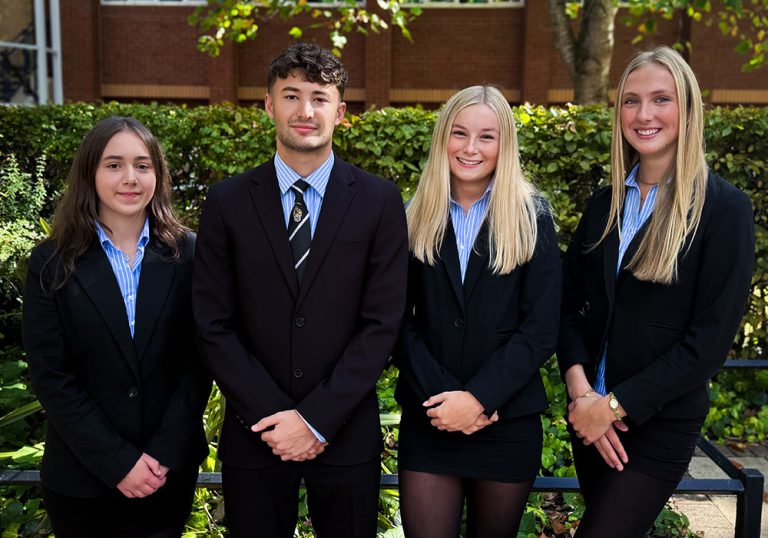
Our school is committed to developing the leadership capacity of young people. Our Leadership Ladder programme is an important part of this. It encourages our young people to participate and take leadership opportunities in a gently staged way and recognises their achievement of different levels of ‘leadership colours’.
We also have an active student leadership through school and hall councils building to participation as prefect or member of the Head Boy or Head Girl Team. Hall Council runs in each of the five Halls: Dunham, Tatton, Arley, Moreton and Walton. Each council is convened by our Head of Halls. Hall Councils run on a half-termly cycle and agenda items are decided based upon the form councils which take place the week before. In the week following the Hall Councils, representatives from the 5 Halls attend School Council where ideas are followed up and discussed.
We also have two Hall Captains in each Hall who lead on charity and hall events. In addition we have the two Head Students and their Deputies, who regularly represent the school and lead on different aspects of community life in the sixth form and in main school. We also have an active prefect group who serve the community through carrying out duties within school.
Our Leadership Ladder awards scheme and student leadership structures contribute to our SMSC offer, particularly the ‘Enable pupils to develop their self- knowledge, self-esteem and self-confidence’ and ‘Encourage pupils to accept responsibility for their behaviour, show initiative and understand how they can contribute positively to the lives of those living and working in the locality in which the school is situated and to society more widely’ strands.
Sporting and Enrichment Activities
Students participate in many different sports activities that develop leadership: for example, acting as Hall and Form Sports Captains in organising teams for interhall and local sporting events. Young Leaders also volunteer with lunchtime and after school clubs, acting as referees, coaches and mentors. Many of our young leaders also assist with primary school events such as athletics competitions. Our sixth form BTEC Sport students assist with KS3 PE lessons in a number of different roles. We are an Enhanced Offer School for the Youth and Sports Trust.
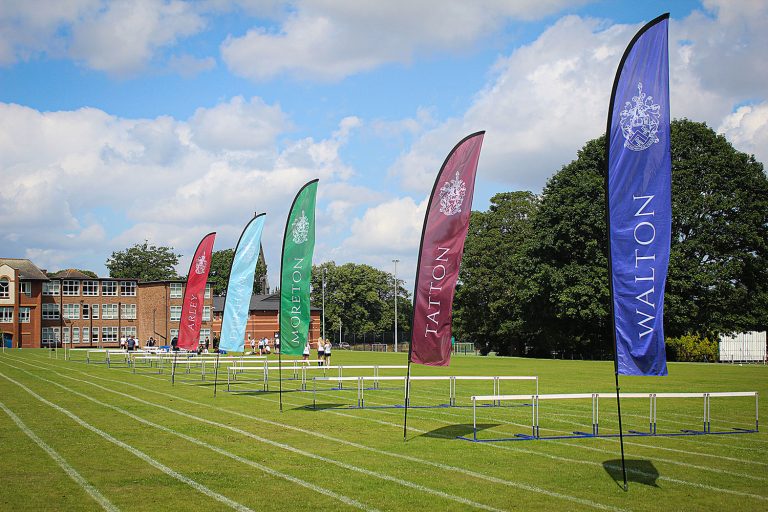
Duke of
Edinburgh
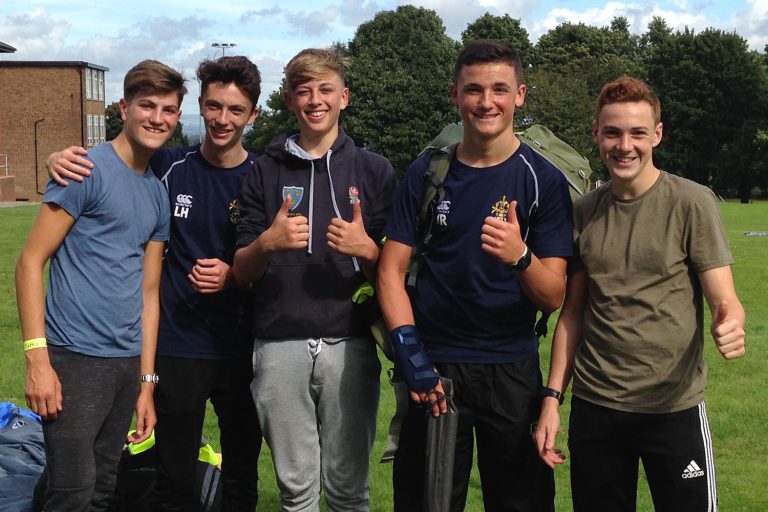
Residential facilities
Tyn y Felin
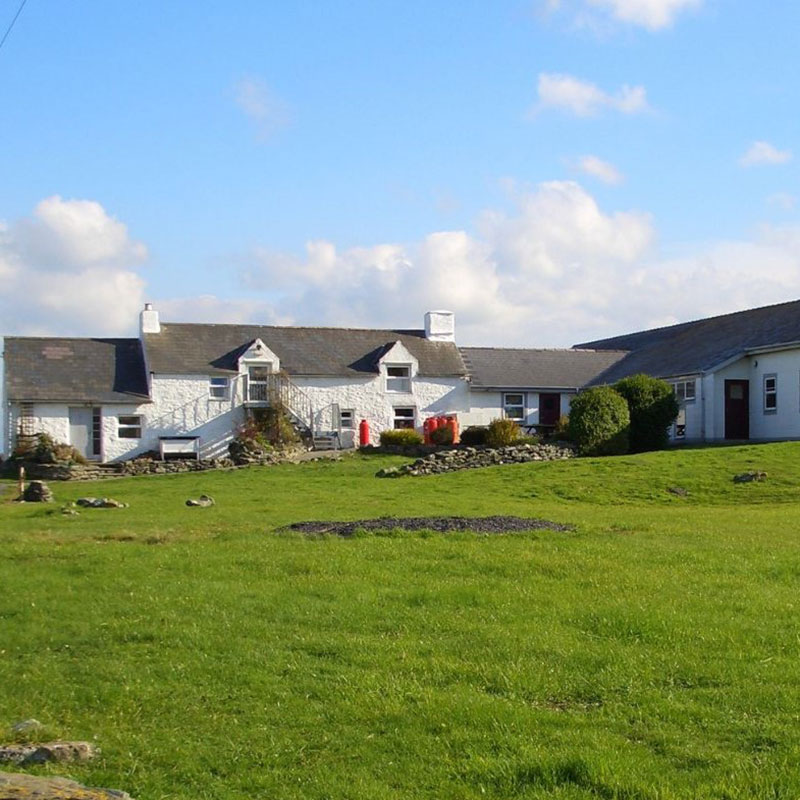
Links with Local Faith Communities
Personal, Social, Health and Economic education (PSHE)
PSHE is a school curriculum subject through which students develop the knowledge that they need to keep themselves healthy, safe and prepared for life and work.
At Lymm High School, PSHE education is delivered explicitly through the Life Programme via:
- The weekly form time schedule
- Fortnightly 45-minute sessions
- Three drop-down days
Form tutors facilitate the majority of these sessions, which are planned by our specialist team of PSHE staff and quality assured beforehand. Where appropriate, external speakers are also used. In this way, we are able to ensure high quality, consistent provision that builds upon previously taught content.
There is likely to be crossovers with subject specific curriculum; for example, students will learn about male and female bodies in both their science lessons and their PSHE lessons. The focus of these lessons is, however, likely to be different – while in Science, students will probably to considering the difference between male and female bodies in a detached and objective way, PHSE encourages students to reflect on the differences in terms of understanding their own bodies.
Although there is a temptation to see PSHE as an “add-on” to the curriculum, successful PSHE education prepares students for life, and helps them to think about their own place in the world. A strong PSHE curriculum has an impact on both academic and non-academic outcomes for all students, particularly the most vulnerable and disadvantaged.
Elements of PSHE education became compulsory in all schools in September 2020, though there is sufficient freedom for us to ensure that we have adapt content as and when needed, to meet the needs of the young people in our community.
Statutory guidance outlines what schools must cover, but not all that they should cover as part of broader PSHE provision, which also includes economic wellbeing and careers education. Health education is a compulsory part of every child’s education. Our curriculum offer at Lymm goes beyond statutory content in both breadth and depth, and although we recognise that parents and carers are the prime educators for children on many such matters, we aim to complement what they learn at home.
We advocate that young people are able to make the safest choices when they are armed with all of the relevant information, and in the increasingly complex world we live in, it is more important than perhaps ever before. We deliver content in a way that is objective and open. Only in doing so can we be confident that we are providing all of our young people with the knowledge that they need to make confident choices about their own health, careers, and economic choices.
Because PSHE is taught during Life Programme sessions, some terms will have fewer sessions than others, and this is just because we try to balance the content alongside Relationships and Sex Education (RSE) Spiritual, Moral, Social and Cultural (SMSC) development.
Key Stage 5
PSHE Curriculum
The Key Stage 5 PSHE programme aims to develop the knowledge, skills and attributes that our students need to manage their lives now and in the future. The skills they learn will help them to have healthy relationships, be safe and will guide them in accessing support for life and work in modern Britain.
Our curriculum aims to help students know how to play an active and positive part in society. We want to support their spiritual, moral, cultural and physical development and help them enrich their life experiences and interests through active discussion, debate and personal reflection. Our aim is to provide students with a knowledge of the local, national and global world and give them skills in confidence and assertiveness that will help them take the lead in work and relational scenarios they may face as they grow up. We aim to educate them on their rights and responsibilities and what it means to be a member of a diverse society.
What will I study?
- Relationships and sexual health
- Mental Health and factors that may affect us in sixth form
- Living in the Wider World: Money, tax, mortgages and debt
- Careers: Jobs, apprenticeships and university. What is right for me?
What skills/qualities are required?
- Respect for others
- Reflection and consideration
- Communication skills – verbal and written
How will I learn?
PSHE is taught by form tutors through fortnightly lessons. One Form Time a week is also given over to PSHE education, in particular relating to local and national issues that come up throughout the year. In addition to topical content, work from previous lessons will be reviewed in Form Time to allow key messages to be reiterated and prior learning consolidated. This gives students the opportunity to develop key points linked to their Life Programme lessons and build on their spiritual, moral, social and cultural development.
We also develop PSHE education in three Drop Down days across the term involving numerous external speakers and talks from our safeguarding and pastoral teams. Lesson resources include quality assured lessons from specialist organisations, adapted to the needs of our school. To bring our Sex and Relationship Curriculum to life we utilise video clips from Life Lessons (https://www.lifelessons.co.uk) to hear the viewpoints of a diverse range of students from other areas.
AUTUMN TERM 2023 - Key Stage 5 PSHE Curriculum
| Topic | Details | Further details about the topic |
|---|---|---|
| Relationships and Resilience |
Students will be reintroduced to key relationship concepts such as what is sex and what is consent. Students will reflect on sexual harassment and consequences of sexual activity such as pregnancy and sexual health. Students will also be encouraged to reflect on their own motivations for the course they’re studying and how to be resilient and put the hours in. Lesson titles include: Year 12
Year 13
|
Students will be better able to keep themselves safe in sexual relationships and will know what sexual harassment is and how to tackle it. Students will be able to reflect on the skills and attributes needed to tackle Sixth Form in Year 12 and 13. |
SPRING TERM 2024 - Key Stage 5 PSHE Curriculum
| Topic | Details | Further details about the topic |
|---|---|---|
| Living in the wider world & Health |
Students will focus on making correct choices and how to help manage their own risks to health and relationships. Lesson titles include: Year 12
Year 13:
|
Students will be better able to manage their personal, romantic, career and financial choices. |
SUMMER TERM 2024 - Key Stage 5 PSHE Curriculum
| Topic | Details | Further details about the topic |
|---|---|---|
| Health and Safety |
In Year 12 students will focus on choices and careers including work experience and their responsibilities in the workplace. They will reflect on stress and how to manage it. They will also reflect on health and nutrition. In Year 13 students will recap key First Aid principles. Students will reflect on nutrition and what they need to stay healthy living away from home. They will conclude their relationship education by considering how to nurture healthy relationships over the long term and make new friends. Lesson titles include: Year 12
Year 13
|
Students will be better able to reflect on the influence of substances and nutrition on their health. They will consider employment options including apprenticeships and university options. |
Personal Development Day
KS5 Drop Down Days focus on developing students’ knowledge on relationships, sexual health and safety, and sexual harassment. Students will also focus on the challenges they may face to their mental health growing up with online and in-person pressures such as addiction. Students will also use the time to consider their career and higher education ambitions. This will include visiting a university for exposure to a higher education establishment. External speakers will be invited in to discuss key issues such as gender and identity and sex and the law.
External speakers we use regularly include:
- The School Of Sex Education – Sexual health and relationships (https://schoolofsexed.org/)
- Beyond Equality – addressing prejudice and discrimination (https://www.beyondequality.org/)
- Sabina Gray – Drugs Awareness Speaker (https://www.sabinaosbournegray.com/)
- WhysUp – addiction and mental health (https://www.whysup.co.uk/)
- Just Like Us – Supporting Young LGBT+ people (https://www.justlikeus.org/)
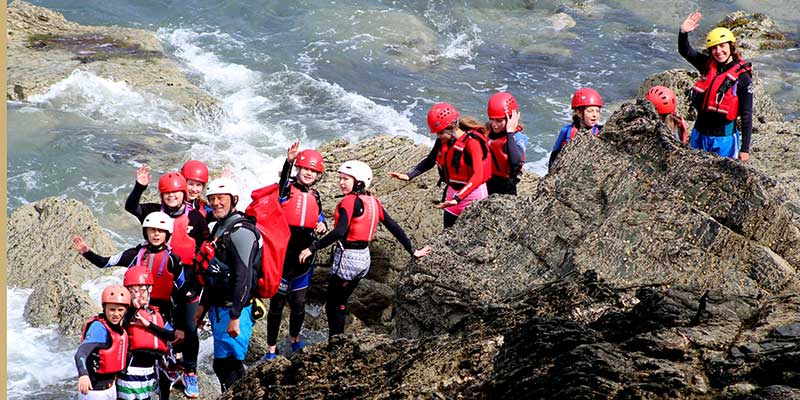
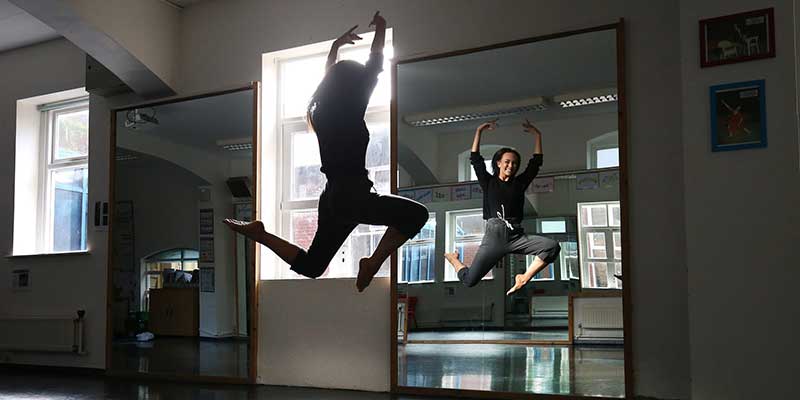
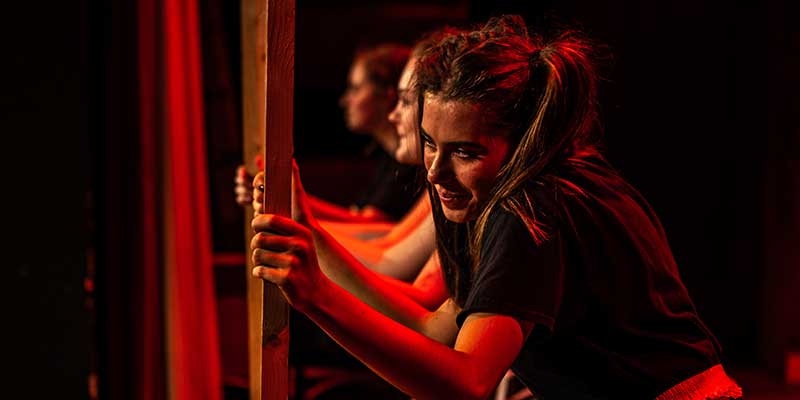
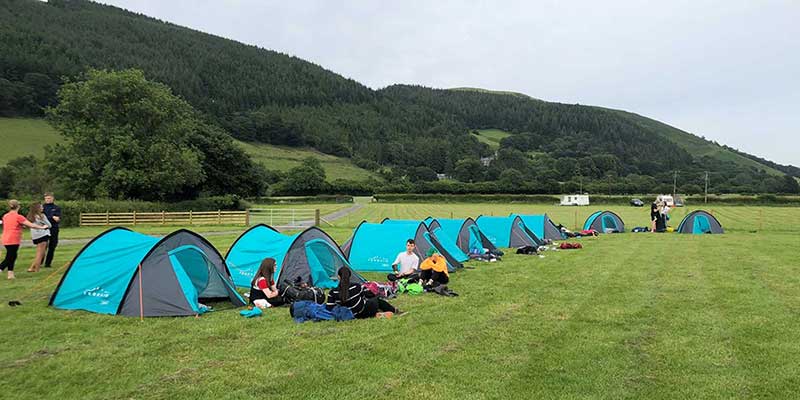
Is Sixth Form for you?
Please click the link below to find out more.
